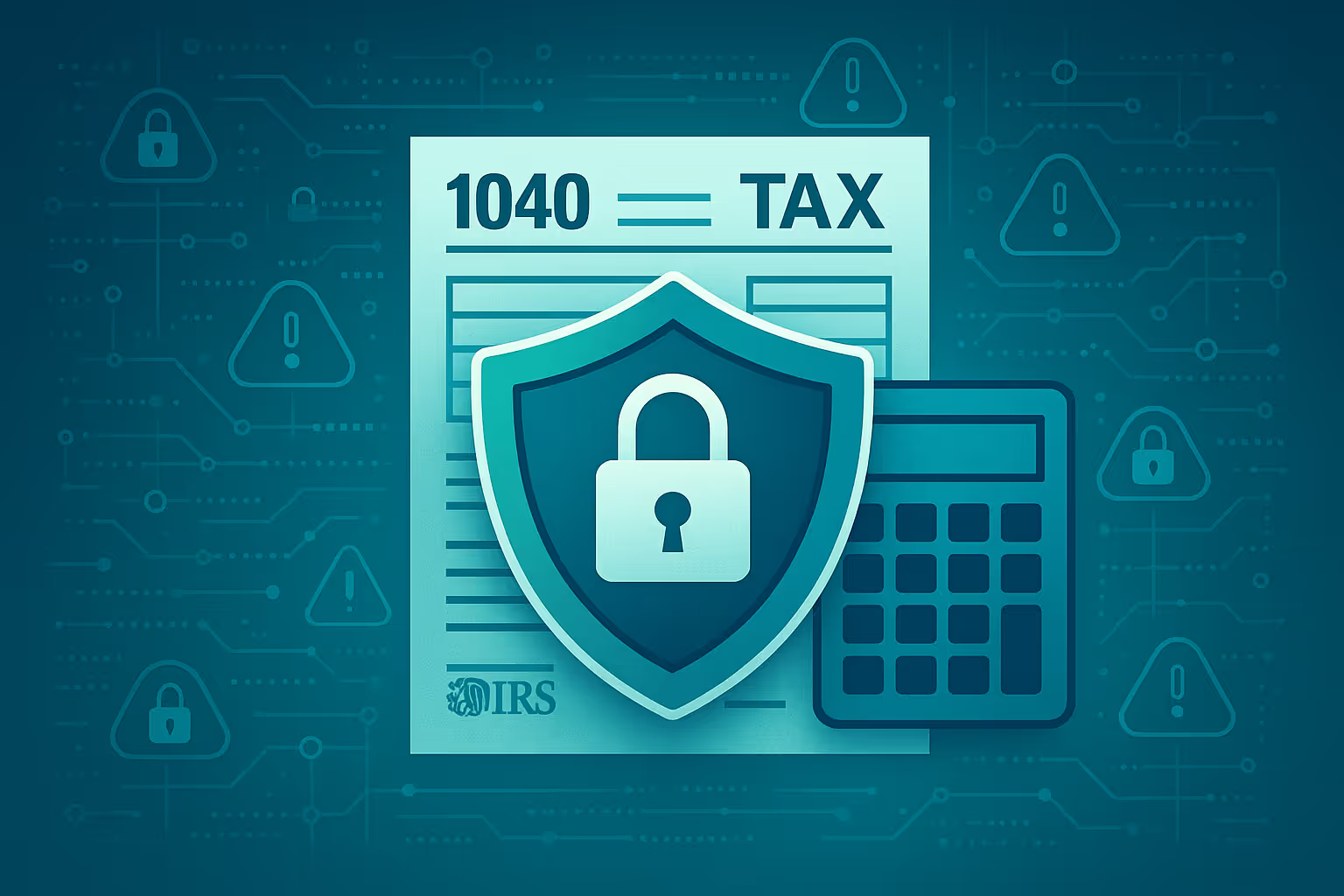IRS Issues New Guidance to Combat Tax-Related Identity Theft



The IRS has renewed its campaign to protect taxpayers from tax-related identity theft, issuing updated guidance as part of its Security Summit initiative. Officials warn that criminals increasingly target personal or financial information to file fraudulent returns and steal refunds. The move underscores the agency’s effort to strengthen defenses before the filing season.
According to the IRS, the rise in data breaches has fueled opportunities for identity thieves, giving them access to stolen Social Security numbers and other sensitive records. Once obtained, this personal information can be used to open false accounts or submit a fraudulent tax return. The IRS stresses that vigilance is the first step in prevention.
To combat rising identity theft cases, the IRS is highlighting two key tools: the Identity Protection PIN (IP PIN) and the IRS Online Account. Both are designed to protect sensitive personal information and reduce the risk of a fraudulent return.
An IP PIN is a six-digit number known only to the taxpayer and the IRS. It must be used when filing a tax return and prevents anyone else from submitting a return under the same Social Security number. The IRS says the program is voluntary but strongly recommended for individuals who want to protect their tax accounts.
The IRS also urges taxpayers to create an IRS Online Account through IRS.gov. This tool provides secure financial information access and helps prevent identity thieves from opening false profiles. Establishing an online account adds another safeguard for refunds and reduces the risk of stolen personal data.
Taxpayers who believe their information has been misused should act quickly by submitting an Identity Theft Affidavit, Form 14039. This form alerts the IRS to suspected related identity theft and allows the agency to flag the account for further protection.
The affidavit can be filed online through IRS.gov or by mail. Taxpayers must provide identifying details and explain why they suspect a fraudulent return was filed. Once received, the IRS reviews the claim, works to secure the account, and issues instructions on the next steps.
Victims enrolled in the IRS Identity Theft Victim Assistance Program automatically receive an Identity Protection PIN each year. The IRS also advises monitoring credit reports and bank accounts for unusual activity, keeping records of all agency mail, and responding only through official contact channels.
The IRS says taxpayers should remain alert to warning signs indicating their data has been compromised. Recognizing these red flags early can help limit damage and speed up resolution.
The IRS advises that anyone experiencing these warning signs should immediately check their credit, file an identity theft affidavit, and contact the agency through official IRS.gov channels.
The IRS recommends that taxpayers proactively protect their information before submitting a tax return. Acting early can reduce the risk of delays, denied refunds, or exposure to identity thieves.
Taxpayers should use only official IRS.gov channels when seeking support. The agency warns against responding to unexpected mail or calls requesting sensitive personal information. To ensure accuracy, confirm all guidance comes from the agency’s verified site.
The IRS urges taxpayers to rely only on official resources when dealing with identity theft or suspected fraudulent returns.
The agency reminds taxpayers to verify all instructions on IRS.gov and check the “page last reviewed or updated” notice to confirm the latest information.
By William Mc Lee, Editor-in-Chief & Tax Expert—Get Tax Relief Now